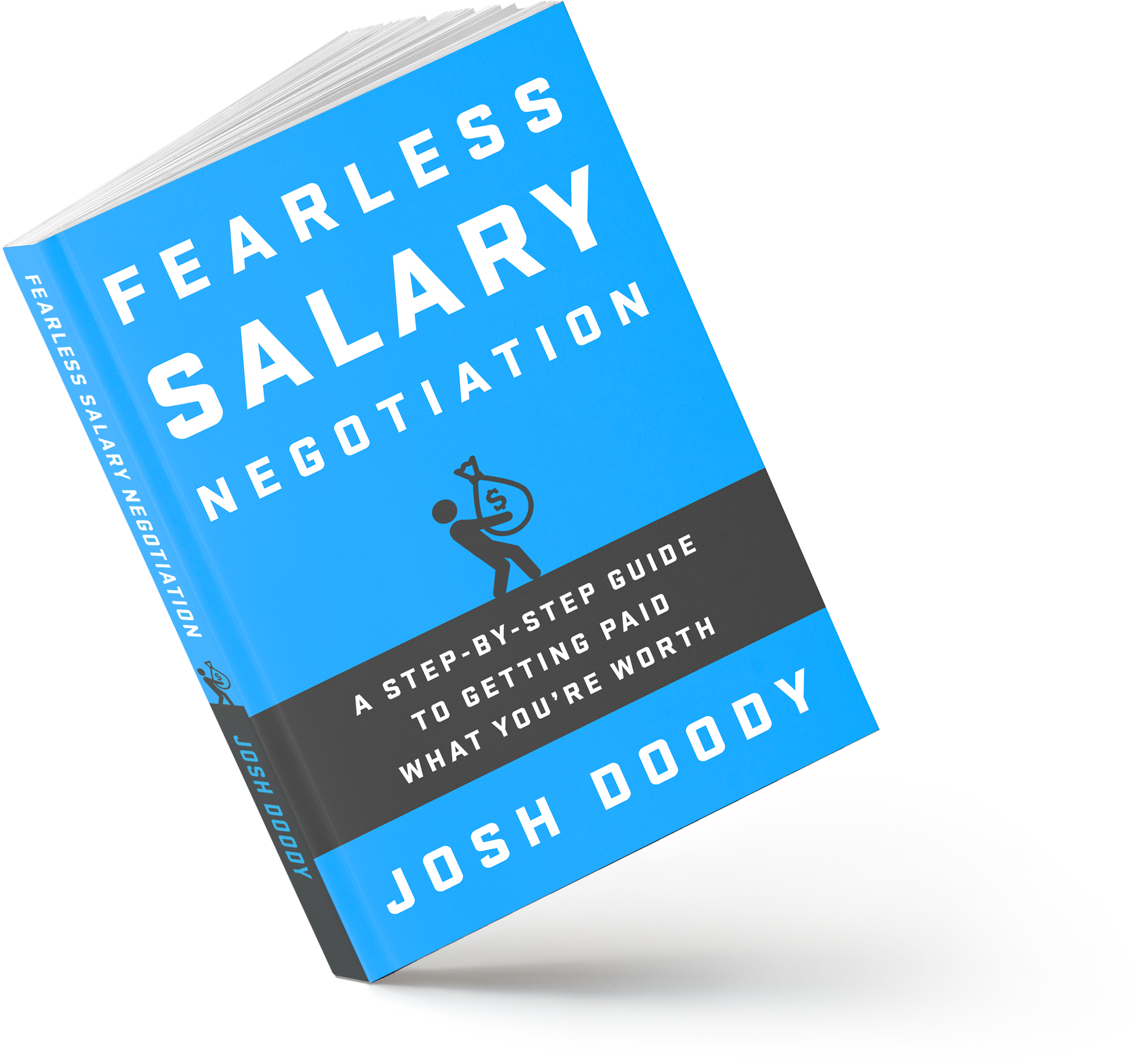
How to get promoted at work
An overview of the promotion process
Here's a simple process to get promoted at work. You'll define your target job, show you're ready, then request your promotion from your manager.

Here's a simple process to get promoted at work. You'll define your target job, show you're ready, then request your promotion from your manager.
Requesting a promotion can be intimidating. Here are some common reasons you might use to talk yourself out of asking for a promotion, along with my response to each:
What about raises? In another article, I’ll cover the very general “standard raise” that often accompanies a promotion. My assumption is that a promotion really contains two components: a title change and a consummate increase in pay. This isn’t always true, but it’s the case most of the time. As I mentioned in the introduction to this part of the book, many companies have a rubric they use to determine the specific raise amount that accompanies a promotion, so I’m assuming some sort of rubric will be used to determine the raise that should accompany your promotion at your company.
In How to get your next raise I’ll talk about requesting a raise to bring your compensation into alignment with your market value. So if you’re not looking for a title change, and are just looking for a “market adjustment” or more money for your current role, you may want to check that out. If you’re looking for a title change and a market adjustment, keep reading!
Okay, back to promotions! When you ask for a promotion, you’re asking that your title and salary be adjusted to reflect the increased value you are adding to the company since you began working in your current role. That “increase in value” may be that you’re managing more people, taking on bigger projects, creating collateral that others are using to be more efficient at their jobs, doing things outside your current job description, or any number of other things that you weren’t doing before.
Notice I didn’t say “…increased value you might add to the company…” or “…you will add to the company…” I said “…the increased value you are adding to the company…” Companies generally don’t promote people based on potential—they promote based on results.
Let’s look at the high-level process for earning a promotion. It’s pretty simple:
The goal is that once you present your case, it’ll be such a good case for a promotion that your manager and her manager, plus the Finance person who has to approve things, will be impressed and immediately see that you’re doing your target job, so they’ll say, “Well, it seems like he’s already doing the job, so let’s make it official and promote him!” Or, at the very least, you’ll understand that although you feel that you’ve already demonstrated your readiness for a promotion, your company simply can’t accommodate you, so you’ll either need to put a plan in place to achieve your goal, or you may need to look at other options.

I'm Josh Doody, a professional salary negotiation coach who helps High Earners negotiate their job offers. On average, High Earners improve their first-year compensation by $47,273 with my help.
Apply for a free 15-minute intro call to learn how I can help.